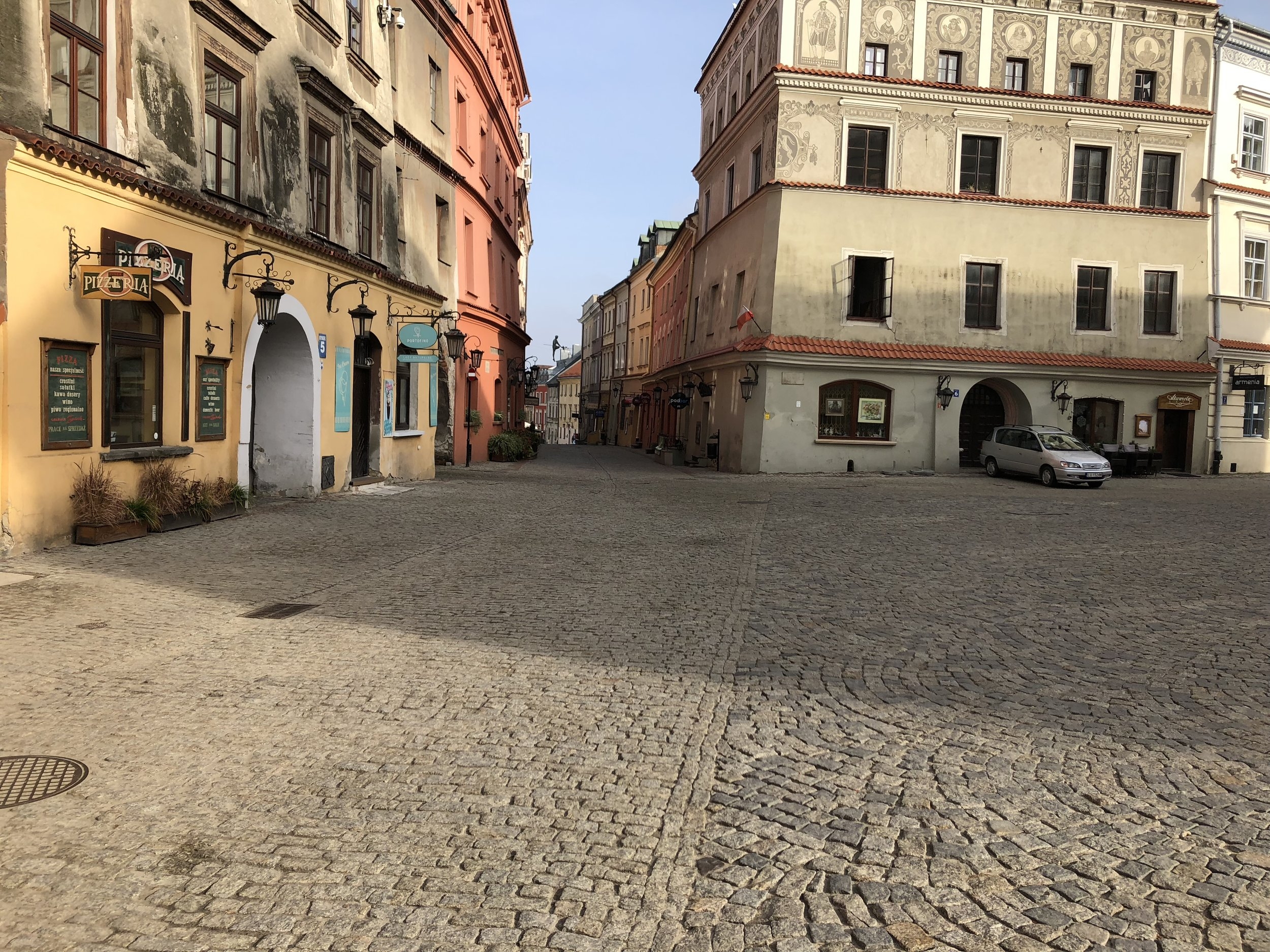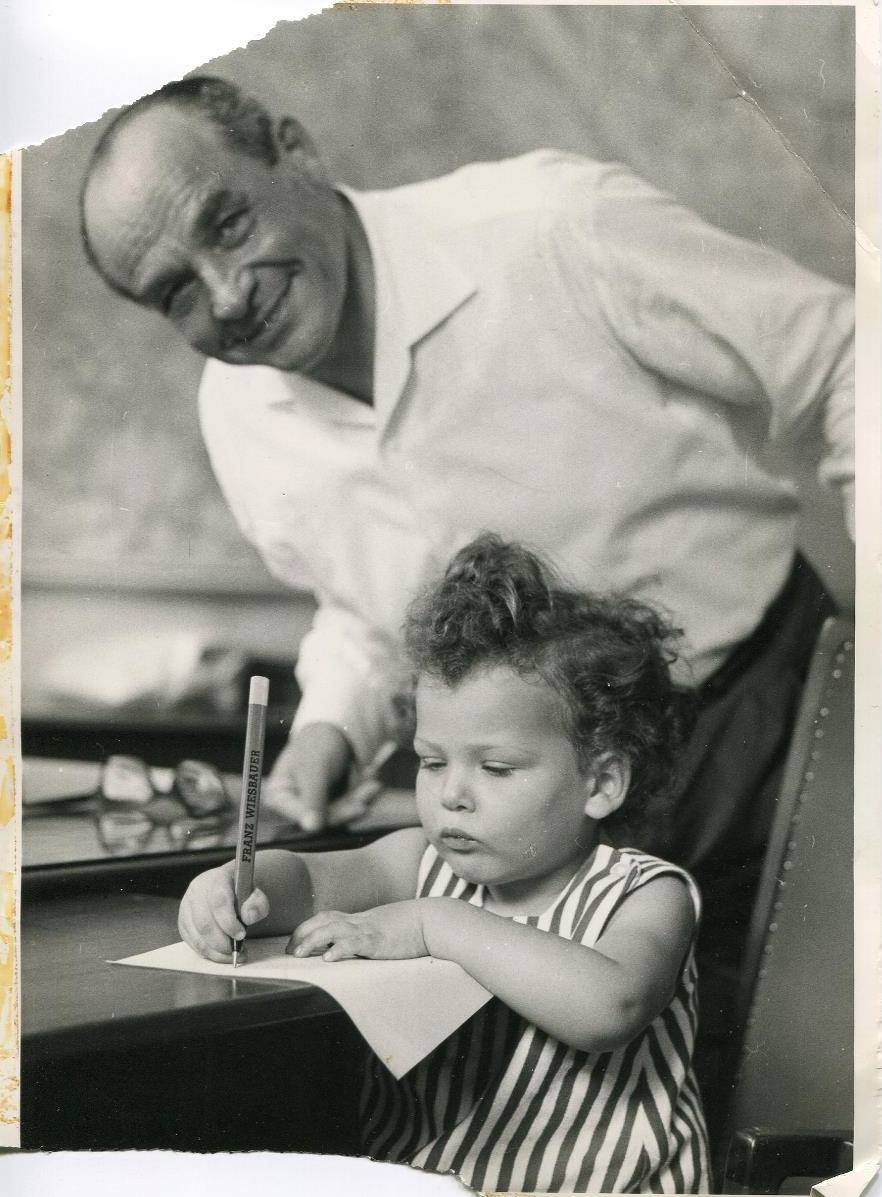Old Town, Lublin, Day of the Dead, 2018
Brama Grodzka, Day of the Dead, 2018
Just after publishing the blog post below I got an email from Monika at Brama Grodzka asking if I wanted to join a cemetery tour of the Old Jewish Cemetery in Polish on the Day of the Dead. I did. I had wanted to be with dead Jews on that day. What I did not realize or perhaps had forgotten (or perhaps understood incorrectly because it was in Polish—but I am checking and will correct this post if wrong*), was that during the Holocaust not only were Jews murdered on that hallowed ground where the Seer of Lublin among others is buried, but so were non-Jewish members of the Polish intelligentsia. That was the second time I got tears in my eyes today—when I thought about that idea of shared suffering. The first time was when we started the tour and I wondered, “Who were these other nine Polish people who had decided to use part of their holiday, their day off work when most of the country was with family, to visit a Jewish cemetery?” I was a bit shy about asking but I did ask one young woman who lingered after everyone had left. “I grew up in Lublin, she said, “The Jewish history is part of my history.”
As you can see from the pictures above, the streets of the Old Town were quite deserted on my way to the cemetery. The quiet reminded me of Israel on Yom Kippur. On the way back I walked through the empty space of what was once the Jewish quarter, past the eternal lamp that burns 24/7 in memory of the Jews of Lublin.
Later in the day traffic picked up and some cafés were open. I went to the Catholic University to meet my Nigerian friend who was in my Polish class last summer. He is on the road to becoming a priest and a social worker. We like to get together to practice our Polish. No doubt we are reinforcing each other’s errors, but it’s great to be with someone who knows and loves languages as much as I do. I was telling him (in Polish!) how Spanish (unlike French and Italian) only uses “to have” and never “to be” to form the present perfect. He was all excited and ready to start learning (Sorry, I am sure some of you non-language people have dozed off by this point).
I found out there’s a Yiddish class at the University I can join, though I fear the advanced class will be too hard and the beginner too easy (they are doing the alphabet). Exciting prospect though—learning Yiddish in Lublin!
All-in-all it was a great day. I walked 90 minutes, spent two hours in the cemetery and did a bunch of writing at night.
*After checking it seems that it’s unclear where any Jews were murdered on this site during the Holocaust. Of course all of Jewish Lublin, all around this area was destroyed. A whole culture that had thrived for centuries was wiped out. The Polish intelligentsia was shot near the cemetery in 1939, so in that sense there was Jewish and non-Jewish death associated with this place.
The Eternal Lamp stands guard over the non-existent Jewish Town
The Old Jewish Cemetery, Lublin, 2018.


















